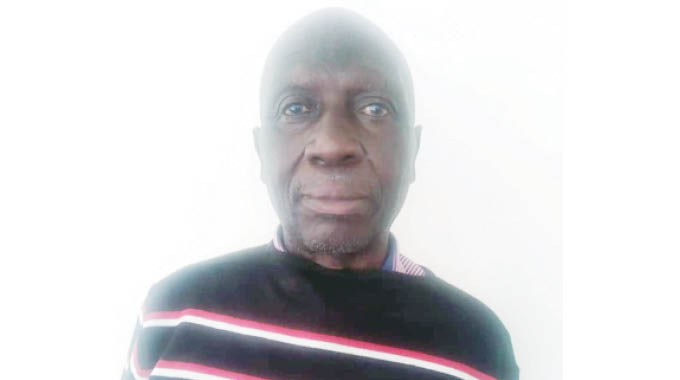Hwange business association dig deep to lure investors

Acting Business Editor
HWANGE District Indigenous Business Association will this year embark on an aggressive programme to attract investors into the district to foster economic growth and development.
The association’s chairman Mr Jacob Ilunga who is also the former Hwange Local Board chairperson told Business Chronicle yesterday that they were looking forward to forming strategic partnerships with local and foreign investors in different sectors.
The association draws its membership from sectors such as mining, tourism, farming and retail.
“Hwange District Indigenous Business Association is a developmental organisation which has over 100 members in different economic sectors and this year we are embarking on an investment drive seeking strategic partnerships with local investors (Zimbabwe) as well as foreign investors,” he said.
Some of the projects under Hwange District Indigenous Business Association include Sinebimbi Agricultural Project, Nguminja Granite Quarries, Coal Mine Town Venture.
“In order for us to successfully drive investment into Hwange, we will also be sharing ideas together with different business organisations such as ZNCC (Zimbabwe National Chamber of Commerce) and farmers’ unions, among others,” said Mr Ilunga.
By collaborating with other business associations, he said this will accord them an opportunity to put Hwange district on the map in terms of attracting investment.
Mr Ilunga said this was also in line with Vision 2030, which President Mnangagwa has enunciated as the country seeks to attain a middle-income economy status.
The Government is now in the third 100-Day Cycle of the Second Republic buoyed by tremendous gains registered in the first two cycles.
Following the ushering in of the Second Republic in November 2017, the new political dispensation under President Mnangagwa chose a neo-liberal approach in transforming Zimbabwe into a modern-day democracy which is dependent on representation and accountability.
In line with this new trajectory, Government has implemented a raft of political and economic reforms to promote democracy and restore economic stability.
The 100-Day Cycle is, therefore, an essential management tool in implementing and achieving strategic priority projects that will also drive the country towards the attainment of Vision 2030.
Among other objectives, Vision 2030 seeks to create employment in various sectors of the economy as well as improving the social well-being of the citizens. — @okazunga.











Comments